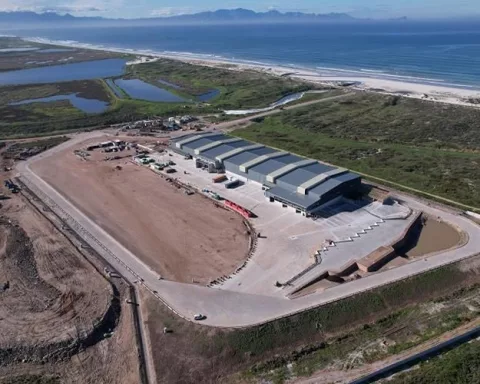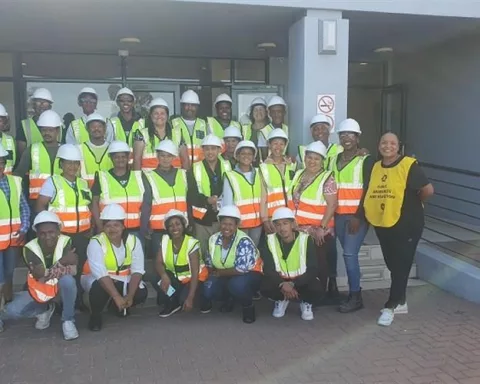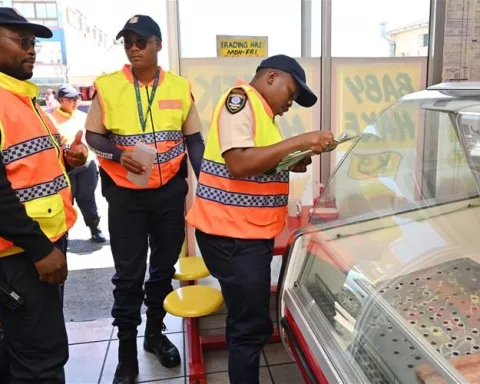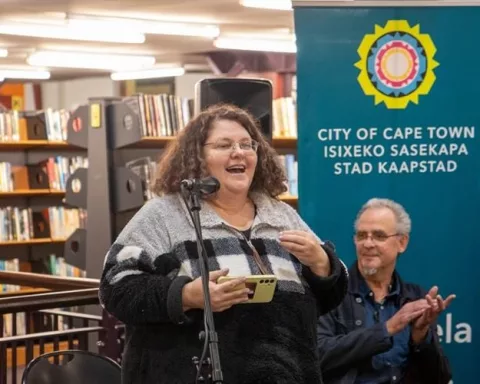In Philippi East, a suburb of Cape Town, South Africa, refuse collection services have been suspended following the murder of two security guards. These guards were protecting Urban Waste Management (UWM) employees during their waste collection task. The situation highlights the dangers faced by waste management workers and calls for urgent action to ensure their safety.
Previous Challenges
This year, waste collection services have been stopped in Philippi East due to threats of extortion. Consequently, the City of Cape Town had to arrange for internal staff from other regions to perform waste collection tasks under the protection of security escorts. Despite these measures, the recent attack on the security personnel has forced a suspension of services yet again.
The Response
The City of Cape Town has expressed its concern over the violence directed towards waste management workers and is working to address the critical challenges. The UWM is in talks with the South African Police Service (SAPS) and the City’s Safety and Security Directorate to seek urgent support in combating criminal elements that endanger refuse collection staff and contractors.
Grant Twigg, Mayco member for urban waste management, has expressed his condolences to the families of the deceased guards and acknowledged the need for an effective solution. He assured that the UWM is exploring different ways to safely resume services and ensure the continuation of service delivery in the area.
Current Situation and Potential Solutions
Residents of Philippi East have been advised not to dump uncollected waste until further notice. The City will provide updates on the eradication of local backlogs and any potential adjustments to the waste collection schedules. In the meantime, residents are encouraged to familiarize themselves with the materials accepted at the City’s drop-off sites.
To ensure the safety of waste management workers worldwide, innovative solutions are needed. Community-based waste management systems, where residents actively participate in the waste collection, segregation, and disposal process, could reduce the risks faced by waste collection staff. Additionally, the use of technology, such as smart bins and automated waste collection vehicles, could minimize the need for human intervention and improve worker safety.
Governments and city administrations should prioritize waste management worker safety by providing proper equipment, training, and legal protection. Public awareness campaigns could help citizens understand the essential role of waste management staff and foster cooperation between communities and waste management service providers.
The tragic events in Philippi East emphasize the challenges faced by waste management workers worldwide. It is crucial to develop comprehensive strategies to ensure their safety and well-being while maintaining efficient waste collection services in cities and communities. Through collaboration between citizens, governments, and waste management service providers, we can work towards creating a safer and more sustainable waste management system for all.












